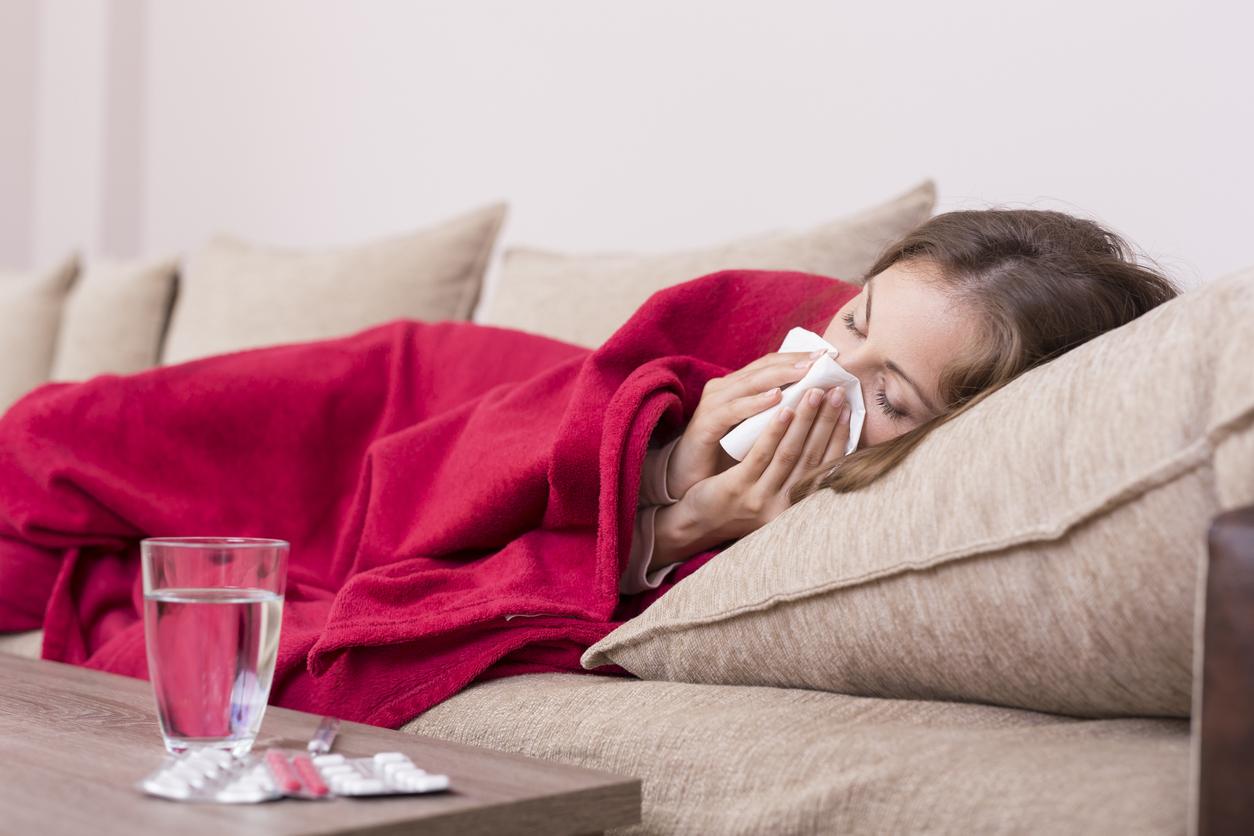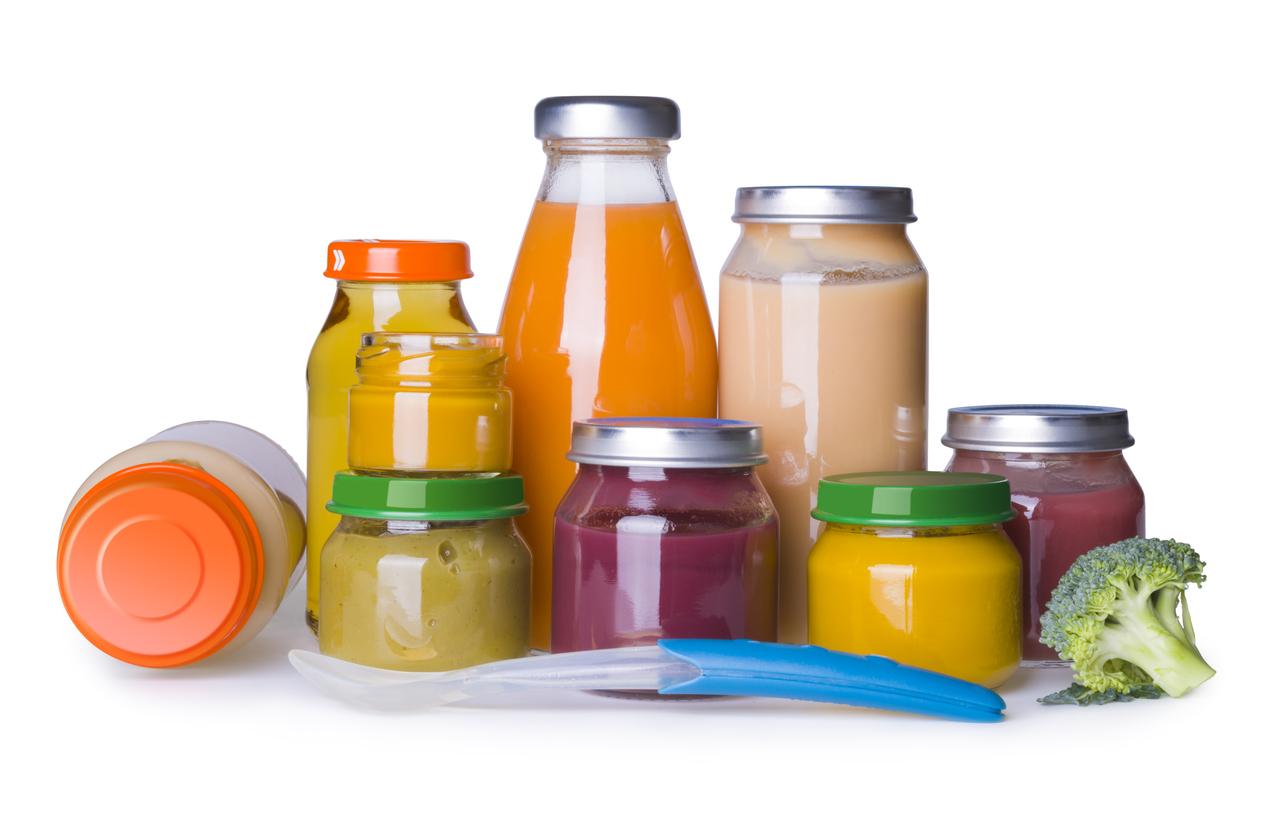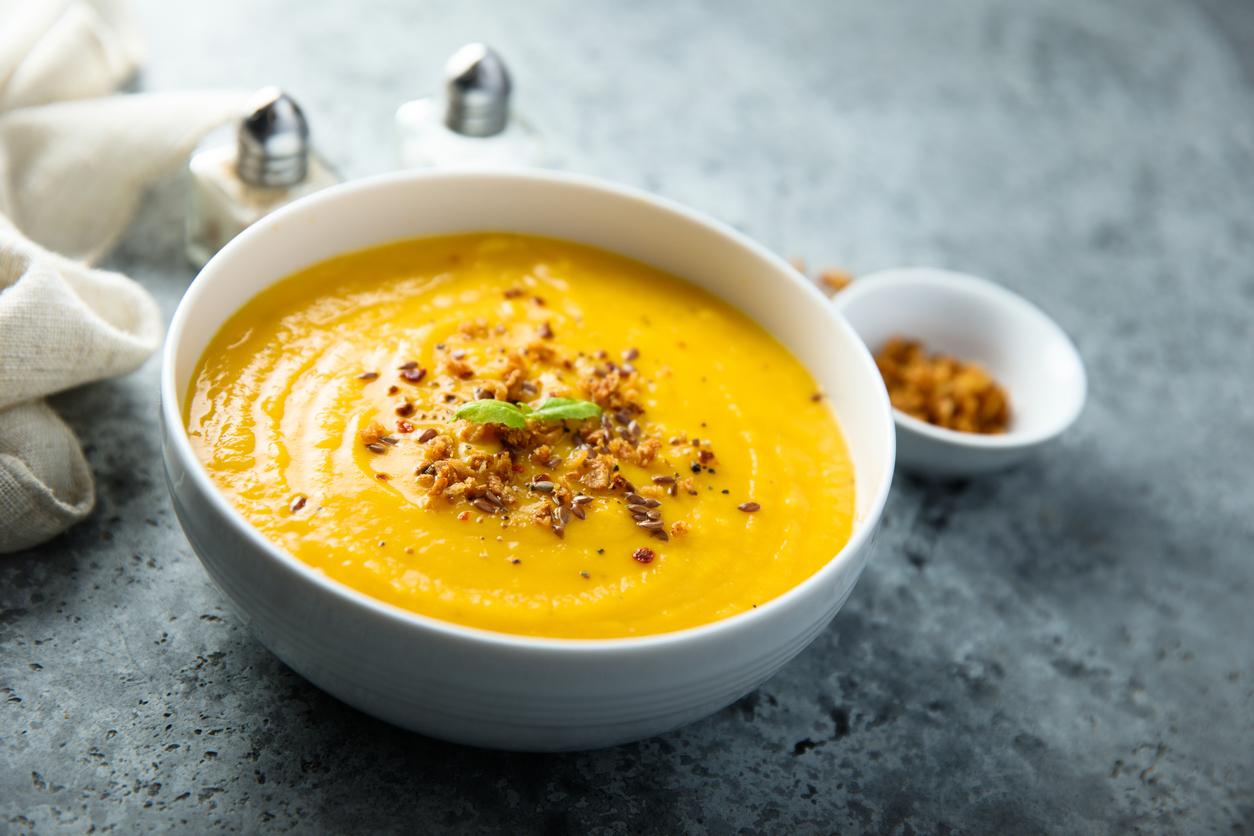In a winter period conducive to virus circulation, SARS-CoV-2 is actively circulating and the Covid 19 epidemic has resumed in all regions (see the latest Covid figures). Bronchiolitis also remains very present and the flu epidemic is progressing rapidly, requiring increased vigilance from everyone to protect those most at risk of severe forms and to preserve the health system. And booster vaccination is clearly the best weapon to protect the most vulnerable.
Gold, the vaccination campaign, started on October 3, was not very successful. Tired, the French shunned their booster dose, even though new vaccines, called bivalent (Pfizer or Moderna)are more effective: they protect against the initial strain of Covid AND against the Omicron sub-variant, which is currently circulating.
If the government calls for a mobilization, it is to summarize for three reasons:
- First reason, we are 1 month away from Christmas and the end of year celebrations, a period of inter-generational gatherings.
- Second reason, the Covid is circulating again and strongly.
- Third reason, the flu virus begins to circulate, which can create tension in the hospital.
“The reminder is now”. And also: the protection provided by the vaccine decreases over time. However, only 23% of people aged 80 and over, and 38% of people aged 60-79 are sufficiently protected. As the Haute Autorité de Santé (HAS) specified on December 8, the recall must therefore be carried out now so that it produces its full effect for the end of the year celebrations.
Covid booster vaccine (bivalent): who should do their booster?
What should be remembered is that health authorities target populations most at risk of severe form, i.e. 25 million French people. Also, the Ministry of Health, which relies on the opinion of the HAS of September 19, recommends booster vaccination for:
- people over 80residents of Ehpad and USLD;
- 60-79 year olds, with or without comorbidities;
- adults who have risk factors : those who have comorbidities that expose them to these severe forms, pregnant women, from the 1st trimester of their pregnancy, immunocompromised people regardless of their age, children and adolescents at high risk suffering from pathologies justifying it.
- the entourage of these people (cocooning strategy) as well as people who are in regular contact with them: relatives living under the same roof
- professionals in the health and medico-social sector.
What if we’re not on target? Vaccination is not recommended but quite possible if you know that you have to visit a relative who is in the target. Just explain it to your doctor, confirmed the Ministry of Health.
Should I get the flu shot on the same day?
Vaccination against influenza is possible at the same time or a few days apart.
Because the people vulnerable to Covid-19 are the same as those who are vulnerable to the flu and while the vaccination coverage against the flu is to date also insufficient, the HAS reaffirms its recommendation to combine the two vaccinations: ” the concomitant injection of the two vaccines is possible and safe, and is carried out on two distinct injection sites. If the two vaccines are not administered concomitantly, no delay is necessary between the two.”
Covid reminder, infection: how soon to get your booster vaccine?
The rule is simple: “We reset the counters to 0the important thing is to already have a complete initial plan and then it doesn’t matter if you have already done 1, 2 or 3 reminders”explained the Ministry of Health.
HAS thus recalls that the administration of this additional dose (regardless of the number of doses already administered previously) is recommended 3 months after the last booster for people over 80 and immunocompromised, and 6 months for everyone else: people over 60, those under 60 with comorbidities, women pregnant, as well as for those around them. In all cases, if a person has been infected with SARS-CoV-2, this reminder must be done at least 3 months after infection.
To sum up :
- Over 80 years (and Ehpad and USLD residents)
- Immunocompromised people
=> the booster can be done as early as 3 months after the last injection or infection.
- The 60-79with or without comorbidities:
- People at high risk of severe form (comorbidity and pregnant women)
- Relatives of vulnerable people, health professionals
=> the booster can be done as early as 6 months after the last injection (and after 3 months after the last infection).
Let’s take some examples:
- An 85-year-old person, who made his last recall on May 15 => eligible for the new recall.
- A 65-year-old person, who made his last recall on May 15 => eligible, he can make his recall since November 15 (6 months of delay).
- A 65-year-old person, who made his last recall on May 15, and infected in October => his recall is postponed to February (but “she can do it before” if she wishes, according to HAS).
New bivalent vaccines, Moderna or Pfizer: which vaccines?
In France, two vaccines are used for the anti-Covid vaccination campaign:
- the whole new vaccine from Pfizer BioNTech which, targets the original strain and the Omicron BA.4 variants and BA.5
- THE Moderna’s new vaccine targets the original strain and the Omicron variant BA.1
These are not properly “new” vaccines, they are vaccines more suited to the epidemic context and to the circulating strains. In concrete terms, it’s the same principle as for the influenza virus: each year, the vaccine is adapted according to the circulating influenza virus strains. It is the same for these vaccines: they are more adapted to the variants which circulate today.
They can therefore be used indiscriminately, as indicated by the HAS. That said, if you schedule your appointment, you will probably be vaccinated with a Pfizer booster because France has as of November 29, according to figures from the Ministry of Health, 2.7 million doses of the bivalent Moderna and 13 million from that of Pfizer.
“Classic” vaccines excluding messenger RNA: 2 vaccines are available for the booster
In addition, you can do your booster with conventional vaccines, “they are not ‘obsolete’.
To complete the arsenal of the fight against the virus, the HAS has decided on the integration of two new booster vaccines in its vaccine strategy. It thus incorporates:
- the VidPrevtyn® Beta vaccine from Sanofi,
- and expands the use of Novavax’s Nuvaxovid® vaccine, effective and useful to meet the needs of people reluctant to mRNA vaccines and those with a contraindication.
These two vaccines are to be used as second-line, since the HAS maintains its recommendation to preferentially use bivalent mRNA vaccines, regardless of the vaccines used previously. On the other hand, the HAS does not include the use of the VLA2001® vaccine from Valneva in the current primary vaccination strategy.
Attention ! Concerning people under 30, HAS maintains its recommendation to use only Comirnaty® vaccines (Pfizer BioNTech).
How effective are new vaccines? What side effects?
I’efficiency expected for these new bivalent vaccines is “at least equivalent or even superior to that of the original monovalent vaccines, without this probable superiority being able to be currently demonstrated in real life”, indicates the HAS in its Press release.
As for their tolerance“it is identical to that of monovalent vaccines”, adds the HAS.
However, HAS insists on the need to enhance the level of respect for barrier gestures and physical distancing measures in order to collectively and sustainably reduce the transmission of the virus. It also recalls that the maintenance of tests, in the event of suspicion of the disease, or in the event of contact with a sick person, must be systematic. Patients most at risk of a severe form, and in particular immunocompromised people, should also be able to benefit from the treatments available today, already recommended in advance by the HAS (Paxlovid), regardless of their vaccination status.
Where to get vaccinated?
Today, 90% of injections are performed in town, mainly in pharmacies, but also at the doctor’s office or in nursing offices. There are also 244 active vaccination centers.
As a reminder, it is possible to make an appointment in town (doctor or pharmacy) or with vaccination centers still active in the website sante.fr.
How much does the vaccine cost? Is it reimbursed?
All people eligible for the vaccine because they are more at risk, benefit from the vaccine free of charge.
Sources:
- Press briefing from the Ministry of Health, November 29, 2022.
- Press briefing from the Ministry of Health, October 5, 2022.
- HAS press release, September 20, 2022.
- Press point, Ministry of Health, July 20, 2022.
- Covid-19: an additional vaccine booster dose open to more people and specified deadlines, HAS, July 13.
- Covid-19: anticipating periodic vaccination of the most vulnerable, HAS, 25 May 2022.
- Vaccine Strategy Orientation Council, February 18, 2022.


















